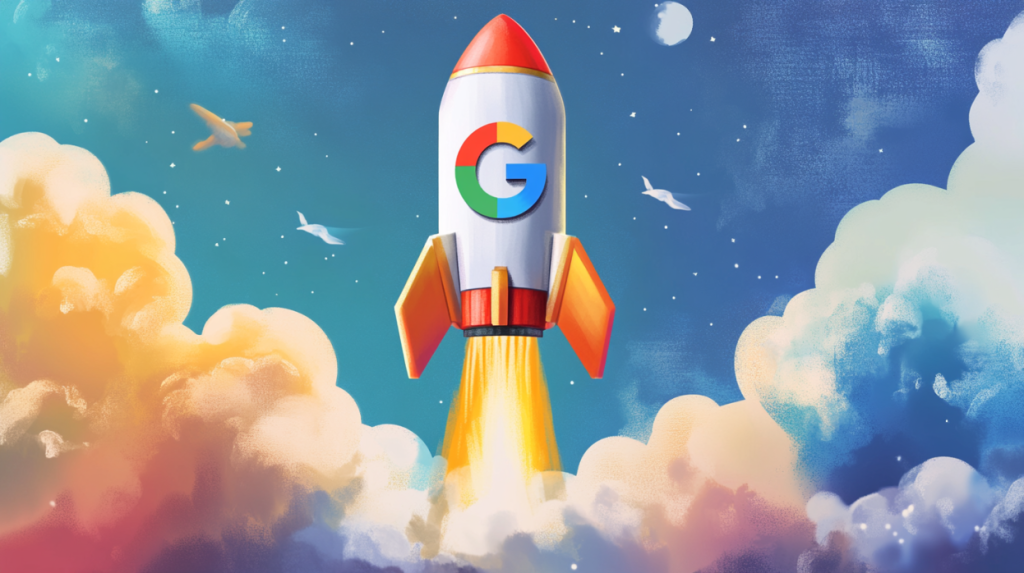From ‘Catch Up’ to ‘Catch Us’: How Google Dominated the Enterprise AI Landscape
In the ever-evolving landscape of enterprise AI, Google has made significant strides, positioning itself as a leader in the industry following initial challenges. The recent developments, particularly with the Gemini models and the TPU advantages, have played a crucial role in this transformation.
Google’s Gemini Models: A Game Changer in AI
The introduction of the Gemini models has marked a pivotal moment for Google in the enterprise AI sector. These models are designed to enhance machine learning capabilities and improve overall performance. Key features include:
- Advanced Learning Algorithms: Gemini employs cutting-edge algorithms that optimize processing efficiency.
- Scalability: The models are built to adapt to various enterprise needs, from small businesses to large corporations.
- Integration Capabilities: Seamless integration with existing systems enhances usability and functionality.
TPU Advantage: Powering Google’s AI Initiatives
Google’s Tensors Processing Units (TPUs) provide a significant edge in the AI competition. These custom-built chips are designed to accelerate machine learning tasks, offering numerous benefits:
- Performance: TPUs deliver exceptional processing speeds, allowing for rapid data analysis.
- Cost Efficiency: By optimizing resources, Google ensures that enterprises can reduce operational costs.
- Energy Efficiency: TPUs consume less power compared to traditional processors, making them a sustainable choice for businesses.
Building a Robust AI Agent Ecosystem
Another critical factor in Google’s success is its agent ecosystem. This ecosystem supports the development and deployment of intelligent agents that can perform a variety of tasks, from customer service to data management. Benefits of this ecosystem include:
- Enhanced User Experience: Intelligent agents provide personalized interactions, improving customer satisfaction.
- Automation: Automating repetitive tasks allows businesses to focus on strategic initiatives.
- Continuous Learning: The agents are designed to learn from interactions, constantly improving their performance.
Conclusion: Google’s Future in Enterprise AI
With the advancements in the Gemini models, TPU advantages, and the development of a robust agent ecosystem, Google is poised to lead the enterprise AI race. These innovations not only address previous challenges but also set a solid foundation for future growth in the AI sector.
For more insights on the latest in AI technology, visit VentureBeat or explore our AI technology resources.







